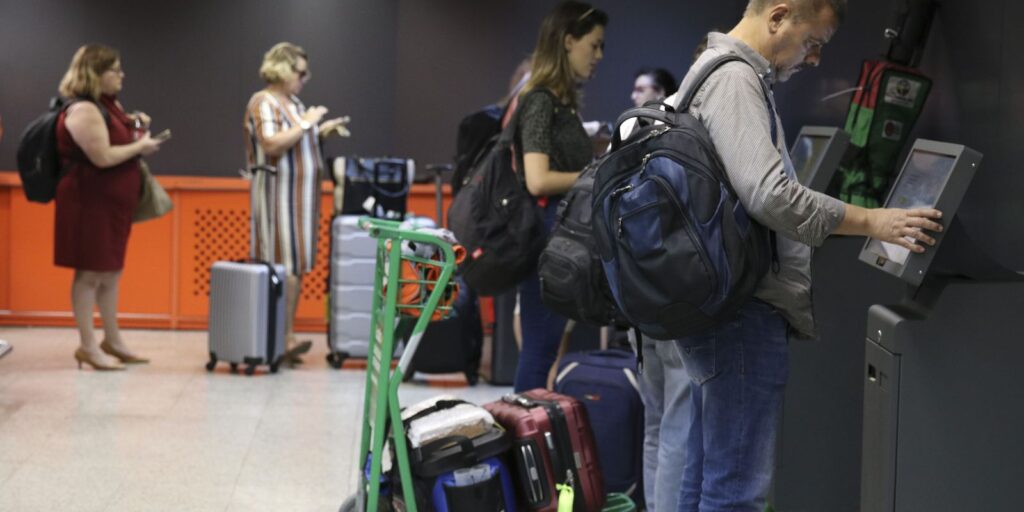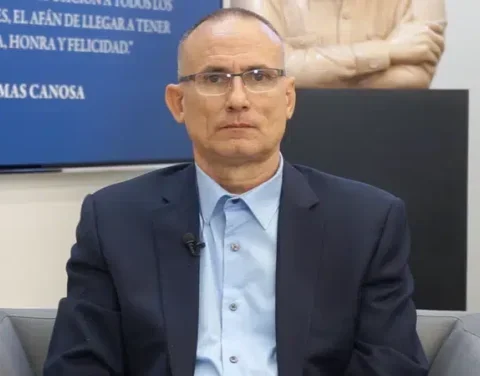
The Cabildo Abierto party presented a bill in the Senate that would sanction prosecutors and judges with very strong criminal and economic consequences for their functions, something that raised alert in the affected unions.
According to the text of the project, the prevarication would be extended to reach those magistrates who “intentionally prosecute a person who is not guilty or a person who does not correspond to a criminal sanction.” Given this scenario, they would be charged with between 18 months and 7 years in prison, while they would be disqualified for three years from exercising their functions and would have to pay a fine of 60 to 12,000 readjustable units (UR12,000 = $63,967.2 at the exchange rate). of the date).
All these penalties would apply to magistrates who hide evidence from both the defense and the victim, which come from a preliminary investigation.
The judges would be subject to all these economic and criminal punishments, according to the Open Cabildo document, as explained by Senator Guillermo Domenech, who is one of the signatories along with Guido Manini Ríos and Raúl Lozano.
Rejection of the unions
From the Association of Magistrates of Uruguay (AMU) they demonstrated against the proposal of the extreme right-wing party, and in a statement made public on Thursday they stated that “it threatens to criminalize the daily work of judges and prosecutors.”
“The judges of Uruguay are already subject to responsibility for the acts they carry out in the performance of their duties. Article 23 of the Constitution of the Republic makes the magistrates responsible for the smallest aggression against the rights of the people, as well as for separating from the legally established order of proceeding,” they added.
“Law 15,750 in its articles 109 to 116 regulates the administrative, civil and criminal responsibility of judges. Likewise, as public officials, the crimes against the public administration provided for in the Penal Code are applicable to them. Finally, any decision that is considered unfair by a party subject to the process, can be attacked through the legally provided means of challenge, “continues the statement.
“In this sense, the Association once again rejects any proposal that implies limiting the independence and impartiality of judges,” the unionized judges specified.
The Association of Prosecutors of Uruguay also reacted. Its president, William Rosa, declared that they asked the Latin American Federation of Prosecutors to deal with the issue that they see as a threat to their work.
“This, in my opinion, threatens the entire national justice system, that is, for example, the prosecutor’s career has the means of supervising the prosecutor’s actions and provides for the corresponding administrative criminal sanctions or, where appropriate, the applicable criminal regulations,” Rosa published on Twitter. quoting the words of a Guatemalan colleague. Another Brazilian prosecutor told him that it is a “direct attack against the independence of prosecutors, there is no other way to understand it.”
Similar views were held by prosecutors from Argentina, Chile, Peru and other countries on the continent consulted by Rosa.


















